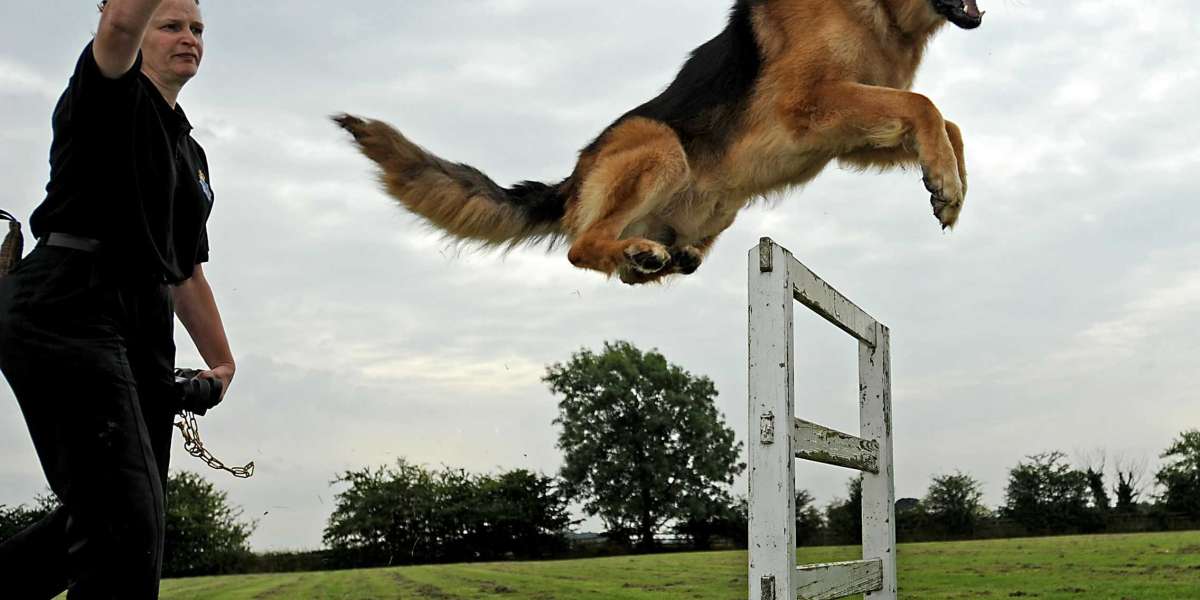Training your dog is not only essential for their well-being and safety but also for fostering a strong bond between you and your furry companion. With the right strategies and consistency, you can transform your home into a canine classroom where learning and positive reinforcement thrive. Here are some effective strategies for training your dog:
1. Positive Reinforcement: Positive reinforcement is one of the most effective training techniques for dogs. This involves rewarding your dog with treats, praise, or toys for exhibiting desirable behaviors. Whether it's sitting, staying, or coming when called, praise and rewards help reinforce good behavior and encourage your dog to repeat it.
2. Consistency: Consistency is key when it comes to dog training. Establish clear rules and expectations for your dog, and be consistent in enforcing them. Use the same commands and cues consistently, and reward your dog every time they comply with your commands. Consistency helps your dog understand what is expected of them and reinforces desired behaviors.
3. Patience and Persistence: Training a dog takes time, patience, and persistence. Be patient with your dog as they learn new behaviors, and avoid getting frustrated or discouraged if progress is slow. Break training sessions into short, manageable segments, and practice regularly to reinforce learning. Consistent, patient training will yield positive results over time.
4. Use of Clicker Training: Clicker training is a popular and effective training method that uses a small handheld clicker to mark desired behaviors. When your dog performs the desired behavior, you click the clicker and immediately reward them with a treat or praise. The sound of the clicker serves as a clear signal to your dog that they have done something right, making it an effective training tool.
5. Socialization: Socialization is an essential aspect of training your dog, especially during their formative months. Expose your dog to a variety of people, animals, environments, and experiences in a positive and controlled manner. This helps your dog develop confidence, reduce fear and anxiety, and learn appropriate behavior in different situations.



